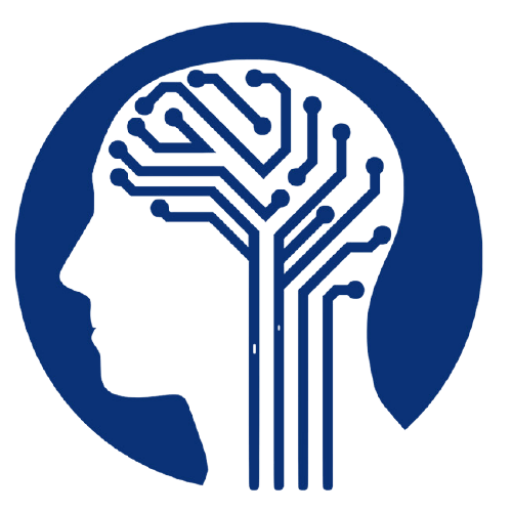
DO I NEED TO BE COMPUTER LITERATE TO TAKE AN ONLINE DIGITAL TECH COURSE?
It is generally understood that to gain mastery of a skill, one must have a basic understanding and rudimentary knowledge of the said skill. While the question of if you would have to be computer literate to take an online course may seem like a question with a clear-cut obvious answer, it is still a very valid question to have. Luckily, we are in the digital age, and as such, the average Nigerian knows to an extent how to operate a smartphone so we can say most people already have the skills required to operate a computer. Operating a computer is a lot similar to operating a phone as they follow similar principles, in fact, one can argue that you could do almost everything you can do on a computer on a phone.
Computer literacy is a broad spectrum that depends heavily on the subject matter of the course. For example, the level of computer literacy required to learn a course on how to build an HTML website is rudimentary in comparison to learning a programming language like python or maybe taking an ethical hacking course. Where building an HTML website requires almost no knowledge of programming and a code launcher app, learning python requires you to understand what different code commands mean, a few code launcher apps, and also different options of the software. In the HTML website course, you might notice there’s a lot less usage of programming jargon than say an ethical hacking course. You might also notice that the typing proficiency differs between the two courses. The same can be said for non-technology-based courses. For example, the computer skill required to learn a social media management course is different and more low level in comparison to a photo/video editing course.
Online courses are a little more intricate than putting on your laptop and playing a video or reading a document. Most online courses, especially if they’re tech-based or inclined, will require you to know how to enable flash players or extensions that will let you watch videos online, which already come pre-installed on most computers and browsers. Also, there is usually a chat room feature where you can talk to your teacher and fellow learners. The functionality of this chat room could differ from one platform to the other. A lot of people see this as a very rudimentary requirement and most people don’t even realize it is a form of computer literacy. But it is.

Be not afraid of the required depth of literacy if you’re just starting your journey because most institutions that offer online courses have step-by-step instructions to help you set up, get familiar with the needed tools and resources and start learning. A typical online course welcome package will feature a tutorial in both video and written format that you can go back to from time to time to familiarise yourself with. This tutorial should explain how to set up your account, how to add or edit your information on the account, the lesson schedules and work plans, the specific computer skills required to learn said course, how to reach your tutor, and how to reach a customer care associate and frequently asked questions that pertain to the course and or company running said course. It is important to note that no question is too silly to ask.
One thing to note is that the ease of understanding and navigation for potential learners is the best judge of how good an online course is. However, it would be a lie to say every person, no matter their computer literacy level, can take any and every online course available because no matter how well a course is broken down. There is generally still some expected skill a learner will be required or assumed to have. For example, an online course on Photoshop for video creation and editing would assume that you know how to set up your Photoshop software and use it on a basic level. A digital drawing course, depending on the level of advancement, would require you to know how to hook up your drawing pen and pad to your computer, how to know what drawing software is most compatible with your computer, your style of drawing, and the best way to save and upload your drawing. The solution to this is to thoroughly investigate the difficulty level and prerequisites of the course you want to register for before signing up. Some learning platforms are very transparent with this information, meanwhile, for others, you have to contact administrative personnel for additional information.
The good thing about online learning is you can learn these skills, strengthen your knowledge and advance on the computer literacy spectrum. You just need to have a positive attitude, be patient and be ready to put in the work. This coupled with trusted tutors like those offered for 1010 Coding courses and a motivating environment is well enough to help you advance and provide you with the needed skills.
So yes, while you do need to be computer literate to take an online course, do not despair if you’re not on the level of literacy required to take a course. Take a moment to breathe, understand what is needed of you, ask questions about the course and its requirements, do your best to work on gaining the required knowledge and expertise, and then take your course!




